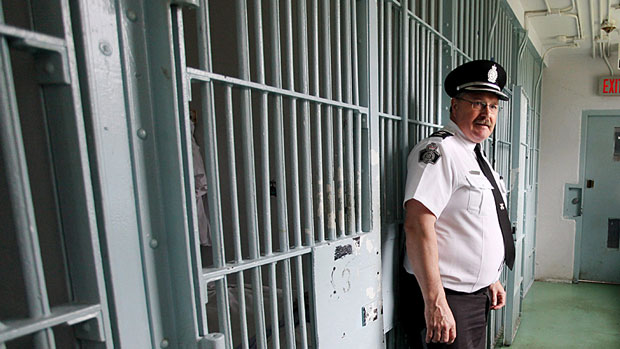
Conservative Crime Bill Set to Become Law
The Conservative crime bill will be put to a final vote tonight where their majority in numbers will allow it to pass.
The bill was supposed to have passed last Wednesday but the NDP was able to delay the last debate to Friday and consequently the vote to today.
Bill-C10 contains a series of bills that have been rejected in the last session of Parliament.
The bill introduces changes to the criminal code to implement harsher sentences for drug and sex offenses, reduce conditional sentencing like house arrest, punish young offenders in a harsher way, make it difficult to get a pardon and allows terror victims to sue.
In December it cleared the House but was recalled when Liberal Justice Critic Irwin Cotler proposed fixes.
The bill has its critics, Texan law professionals, and former Justice of the Supreme Court of Canada, Louise Arbour.
Arbour said the law tells judges to ignore circumstances and tie the hands of the guilty. With marijuana-related offences, mandatory minimum sentences “go completely against the modern thinking by world leaders about the direction that the so-called war on drugs should take after 40 years of failure.”
The Tories argue that they are tackling drug traffickers but Arbour said the initiative wouldn’t put a dent in the worldwide problem but instead be “a very costly enterprise that is based on ideology rather than science and progressive experimental initiatives that Canada is very famous for.”
For a government that claims to be tough on crime, using failed policies is only a recipe for disaster and in light of the Robocall scandal, it is amazing how the opposition are doing more work to find real criminals than the Conservatives.



